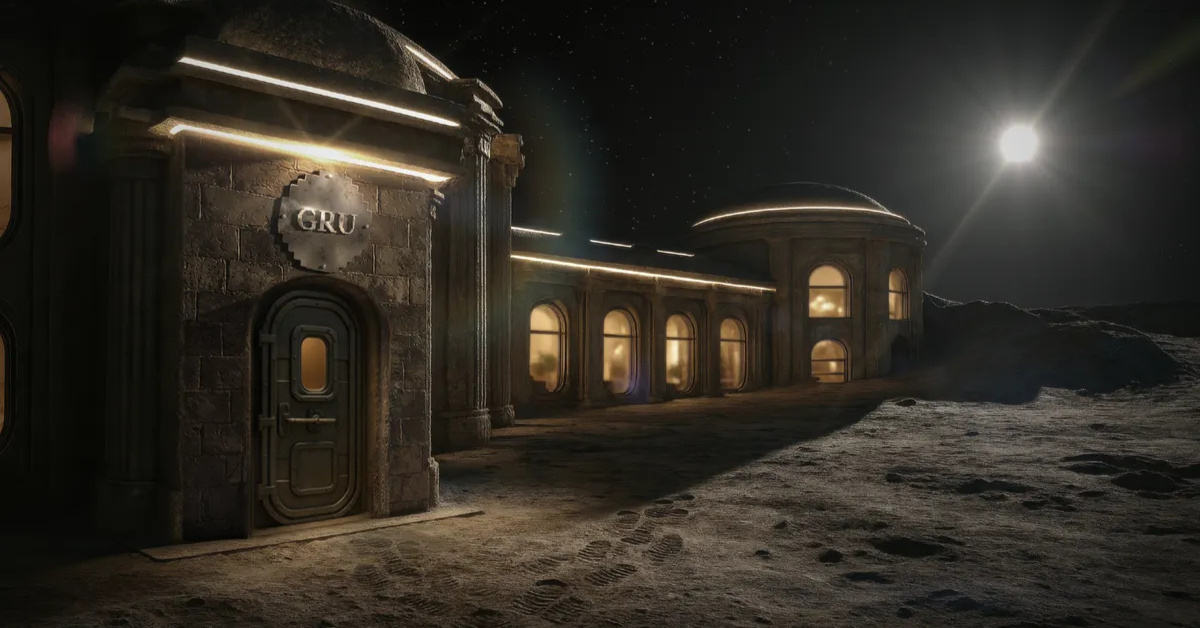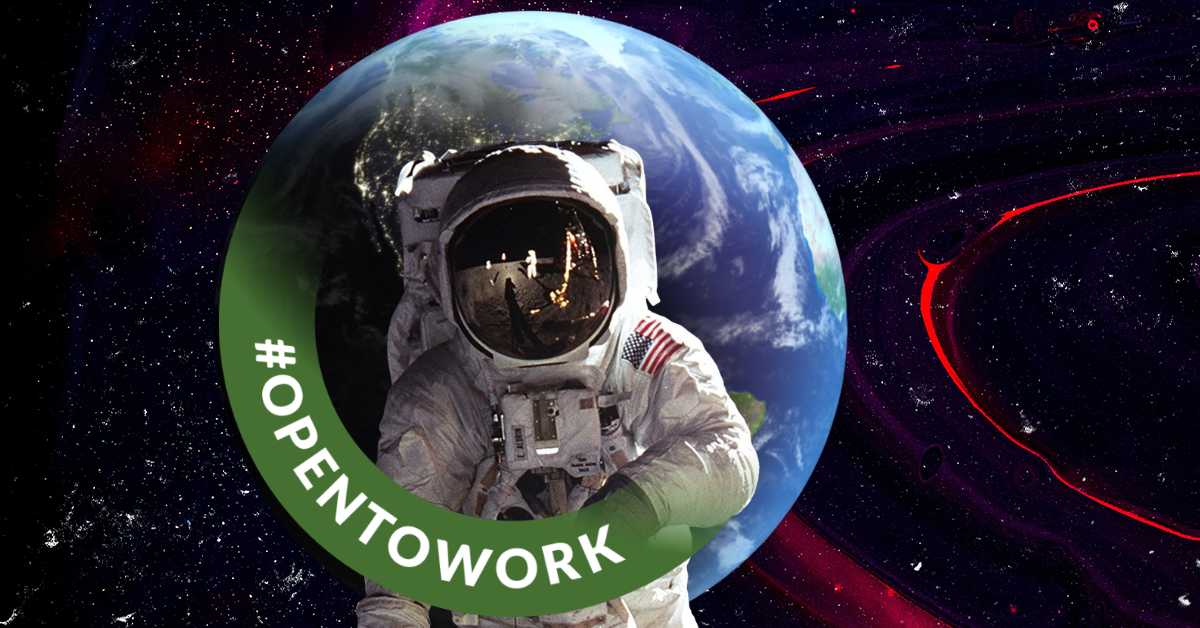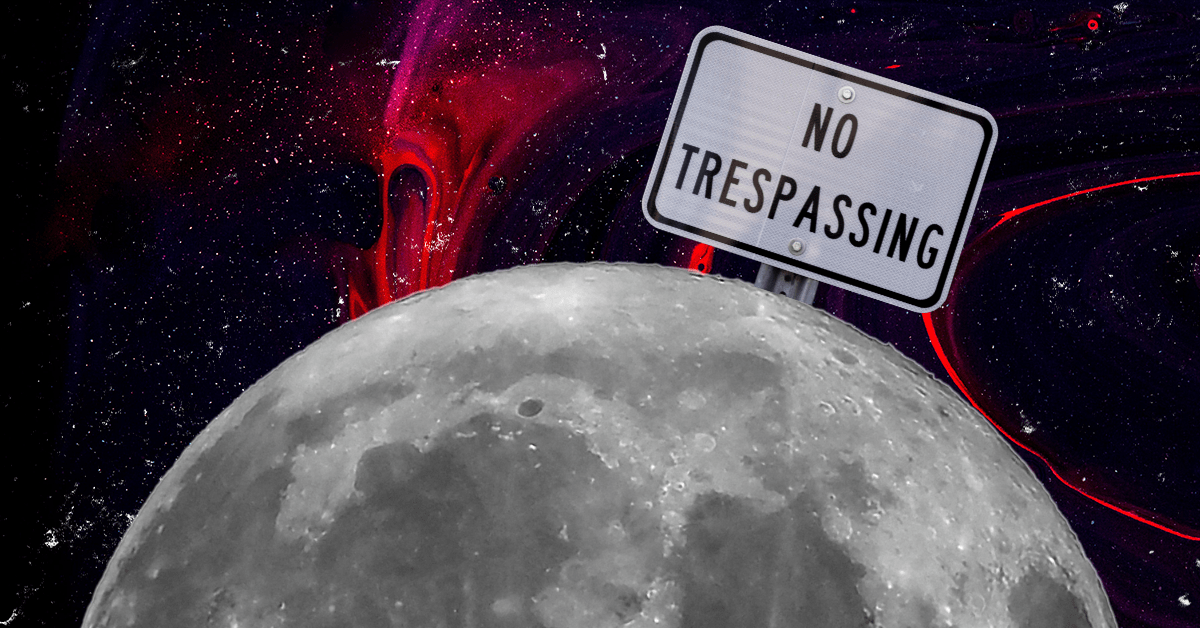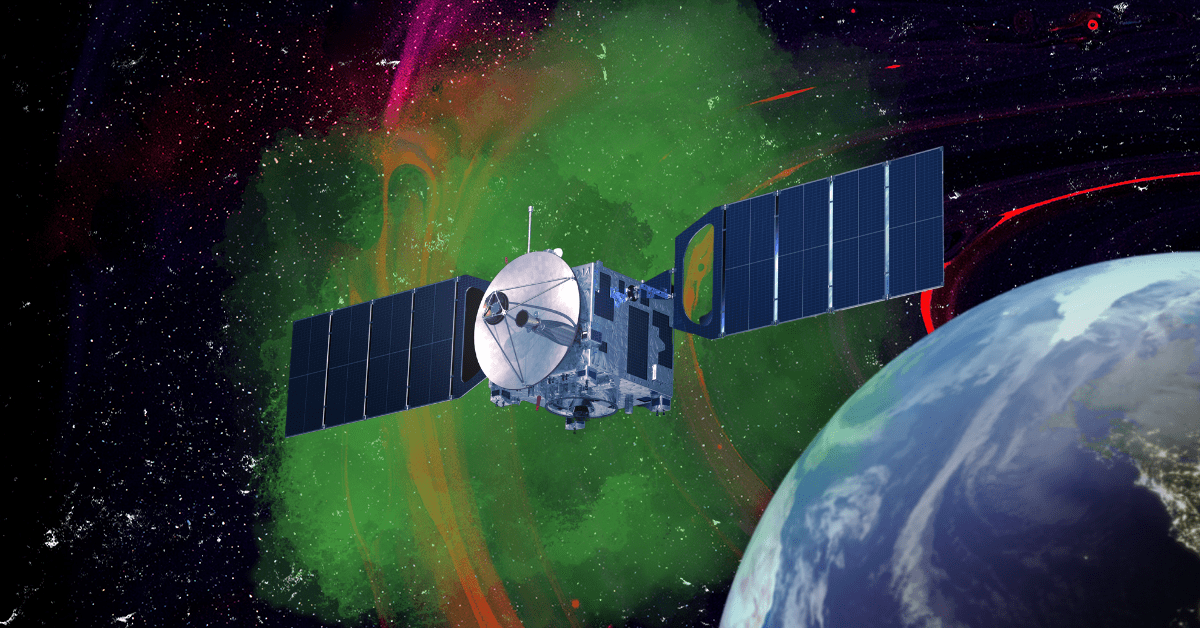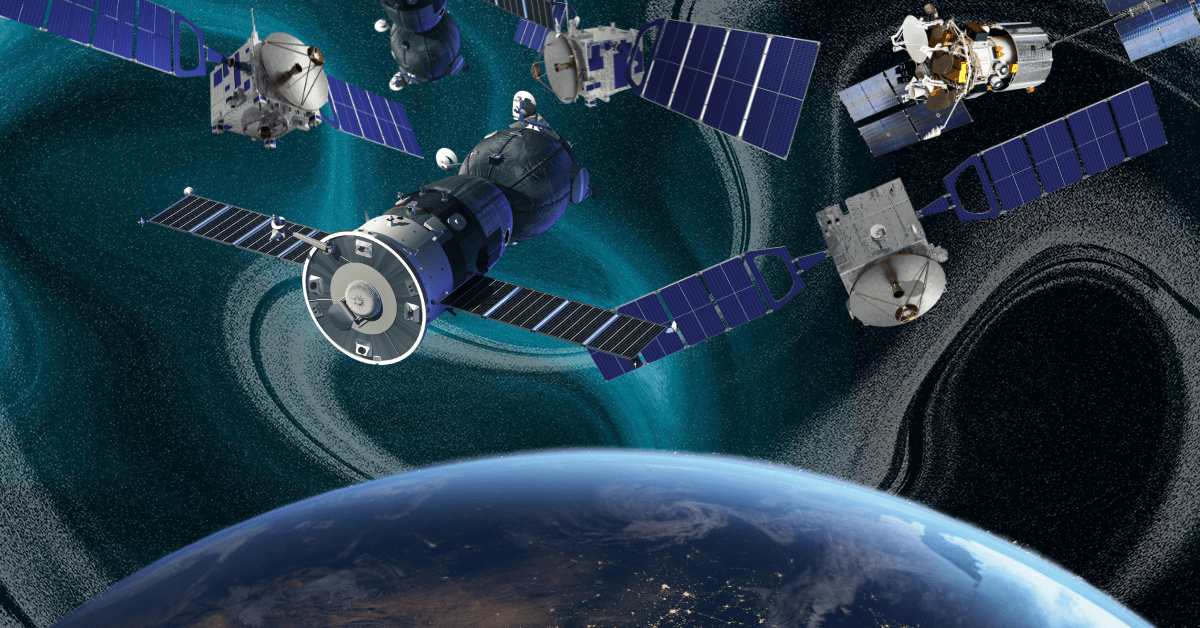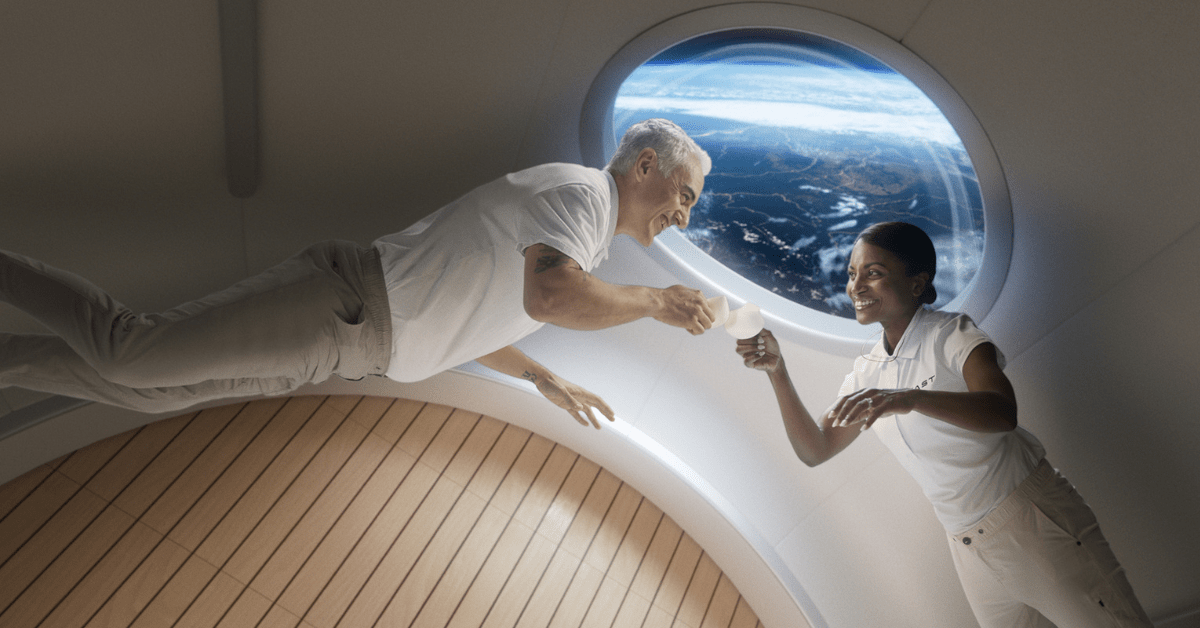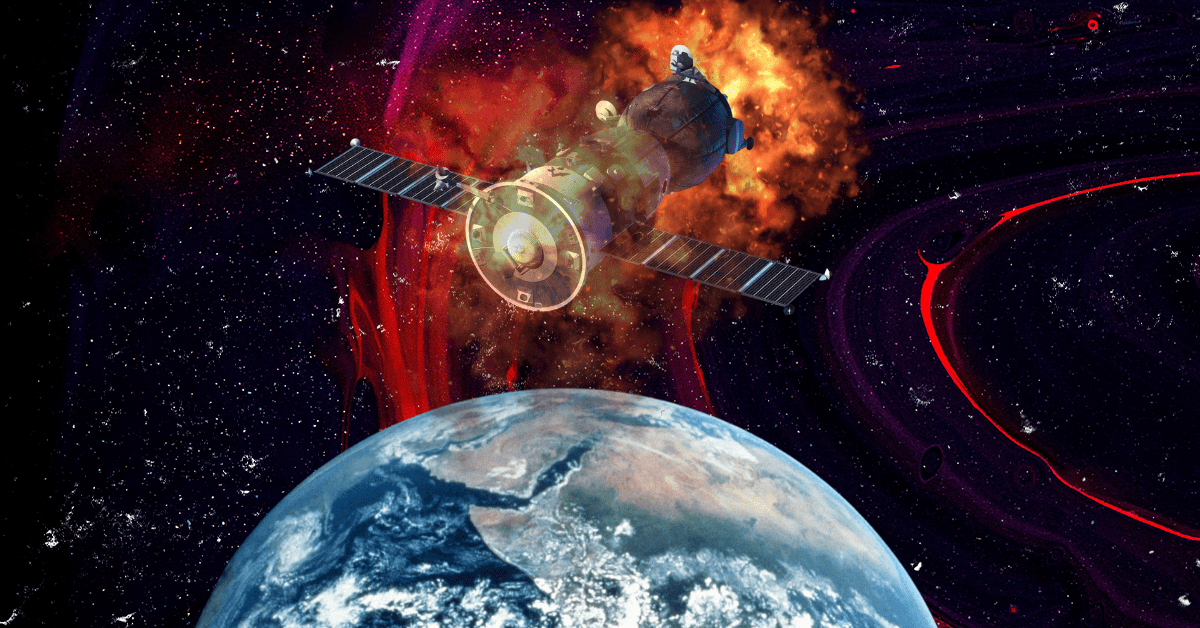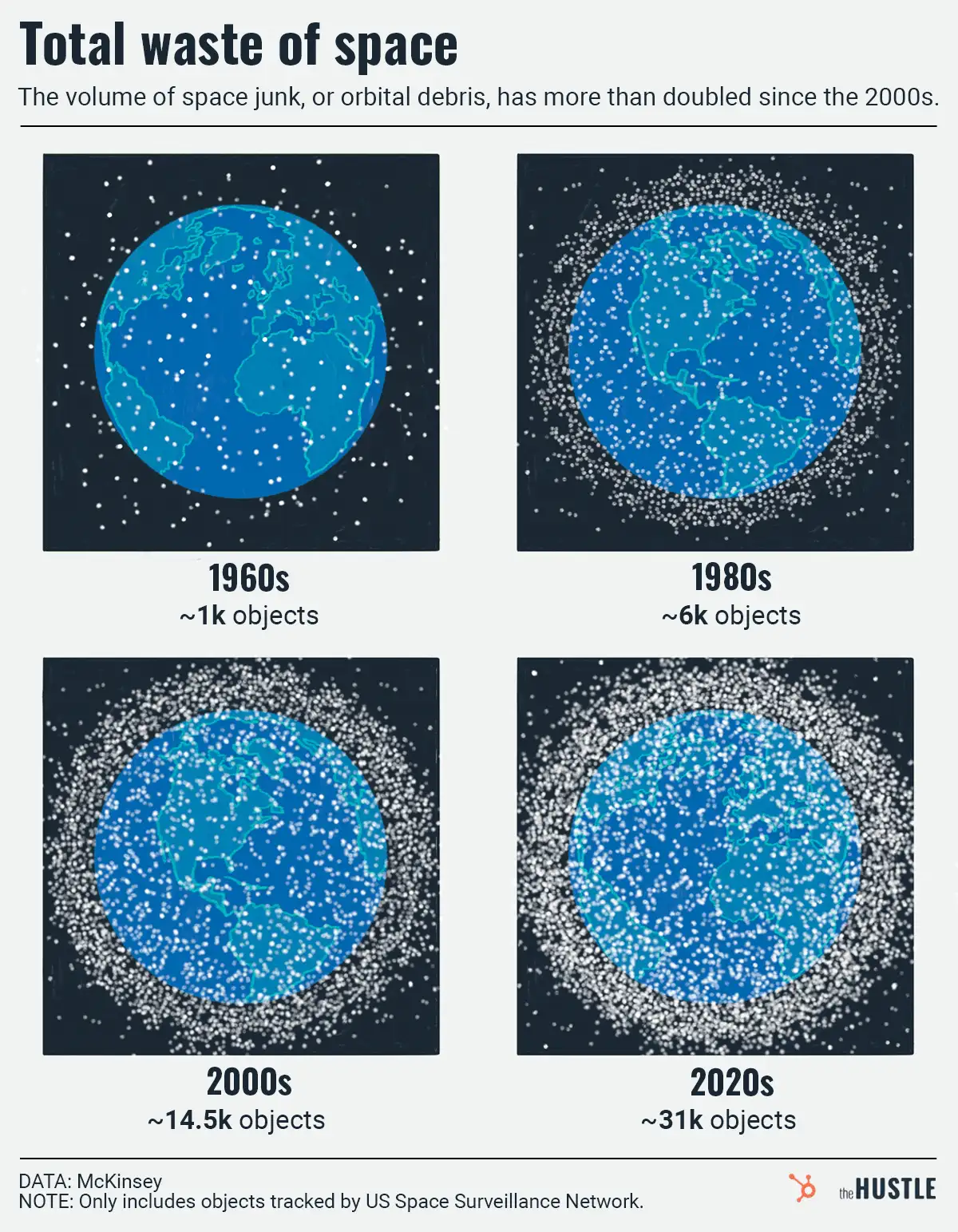The Global Positioning System is ubiquitous in our daily lives, but it has one drawback: It only works on this planet.
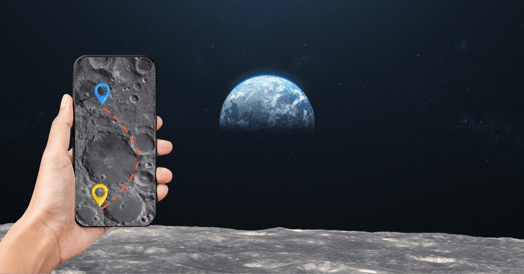
That’s a seemingly insignificant problem, since the average person spends the majority of their life on Earth and we already have issues getting people to and from space — but according to Wired, various global space agencies are working on setting up an array of GPS-like satellites around the moon for future exploration and, eventually, some kind of “lunar economy.”
We take for granted…
… how effortless GPS is here on Earth, where it can easily direct us to our destination, pinpoint our location, or even track DoorDash drivers, but none of that would be possible without the several dozen satellites pointed at the Earth precisely for those purposes.
The moon doesn’t have any of that infrastructure in place, but it will need it sooner rather than later, especially with NASA sending crewed missions up there in the coming years.
- In 2025, the Artemis 2 mission will send people near the moon, which is cool in its own way.
- In 2026, the Artemis 3 mission will actually land a crew on the moon for the first time since 1972.
Addressing this problem will also require solving other fun problems, like the fact that clocks don’t work on the moon: Not only is there no lunar time standard, but clocks run faster given gravitational differences between the moon and the Earth.
How can your moon-GPS predict when you’re arriving at your “lunar economy” moon-job if we can’t even calculate moon-time?
So, what’s next?
A lunar GPS is still a ways off, but the plan — or the hope — is that competing projects from several nations will eventually merge into a single platform (unlike on Earth, where the US government owns GPS and hasn’t always been in a sharing mood).
Some international engineers working on this want to avoid another space race, hoping that competing nations and private companies will come together for the common good and, well, it’s nice to want things.
Space
